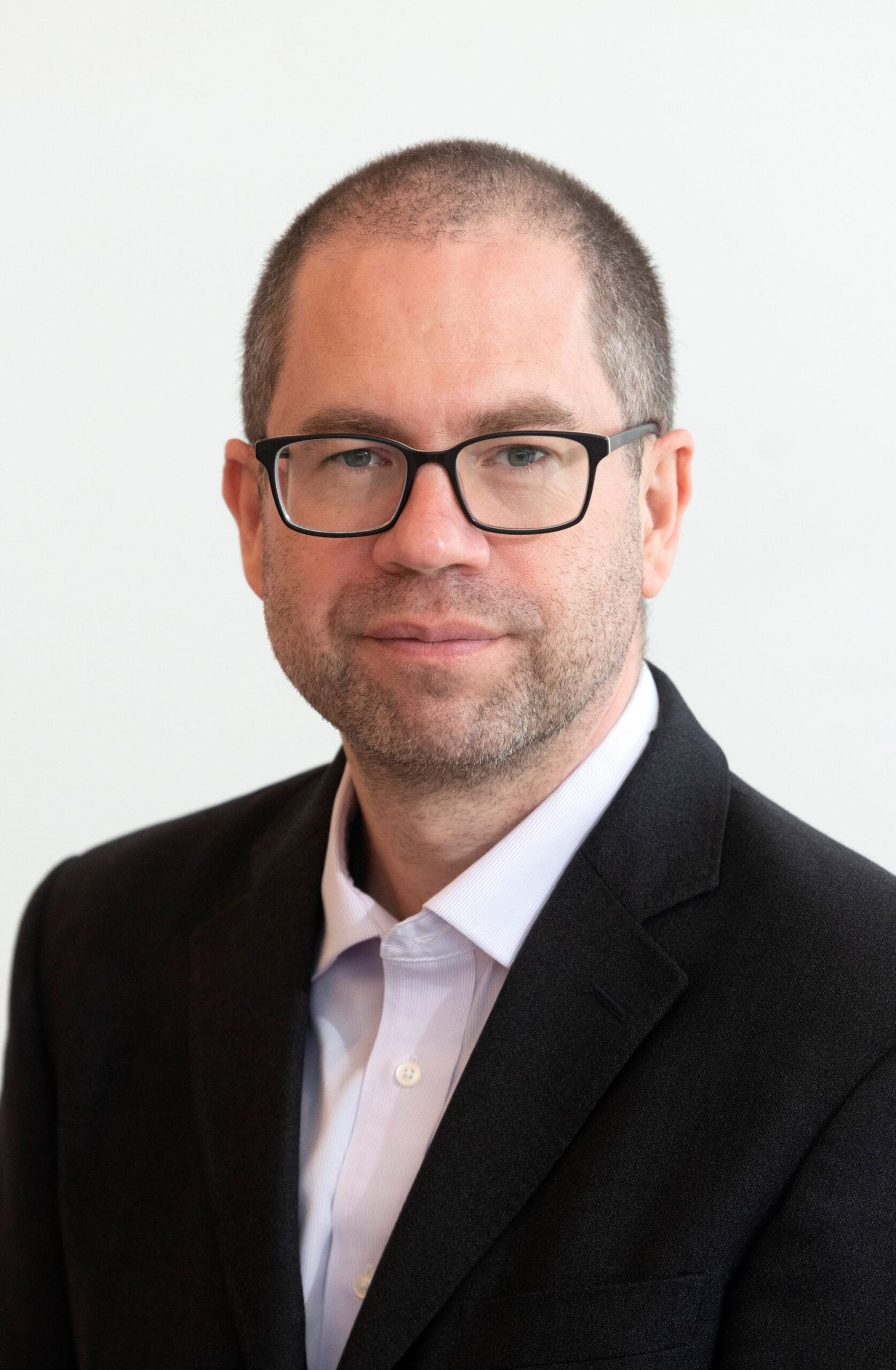
“Richard Bell is a dynamic and highly regarded speaker who will discuss an issue important to us all: the right to vote to elect our leaders,” said Patricia Proctor, director of the Simon Perry Center for Constitutional Democracy, which sponsors the lecture series.
Bell, a professor of history at the University of Maryland, is a frequent lecturer on C-Span and at the Smithsonian Institution. His lecture will trace the nation’s history regarding voting rights from the post-Revolution era to the present day to illustrate how every expansion of voting rights — whether for white workers, African Americans, women, or immigrants — has been met with fierce resistance. As Bell has written, this history is complex, non-linear, and continues today.
“Americans have fought and died for the right to vote, but the number of eligible voters in the United States who actually turn out and participate in elections lags behind many democracies,” Proctor said. “Marshall is a voter-friendly campus, and we want to emphasize the importance of exercising that right for a democracy to be truly representative of the people. Understanding this history is a key part of understanding the meaning of citizenship.”
Bell, who earned his B.A. from the University of Cambridge and his Ph.D. from Harvard, has held major research fellowships at Yale, Cambridge and the Library of Congress, and is the recipient of the National Endowment for the Humanities Public Scholar Award and the Andrew Carnegie Fellowship.
His 2019 book, “Stolen: Five Free Boys Kidnapped into Slavery and Their Astonishing Odyssey Home,” was a finalist for the George Washington Prize and the Harriet Tubman Prize. His new book, “The American Revolution and the Fate of the World,” will be published by Penguin in November.
This lecture, which is part of Marshall’s Constitution Month celebration, is co-sponsored by the Simon Perry Center for Constitutional Democracy and the John Deaver Drinko Academy at Marshall University, with The Society of Yeager Scholars providing refreshments after the lecture. The lecture is free and open to the public.
